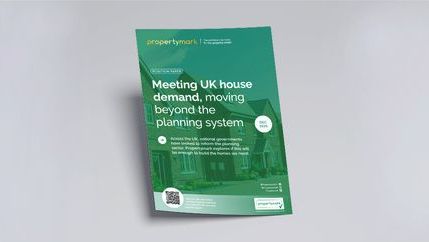
The proposals would create new use classes for second homes and short-term lets which would enable local planning authorities to manage their development through the General Permitted Development Order 1995 (GPDO) and extend powers to place occupancy restrictions on new build property.
Propertymark has argued that the use of a property as a second home does not constitute development, and suggest that other mechanisms, such as council tax premiums and the higher rate of Land Transaction Tax (LTT), already enable second homeownership to be moderated.
Planning policy Wales
In our response, we outline our concern that the need to apply for planning permission where permitted development rights have been revoked under an Article 4 Direction will add complexity to the buying and selling process, meaning potential delays and costs for sellers and agents. Dealing with such applications (which would incur no fee) would also increase the burden on already under-resourced local planning authorities.
We have suggested that short-term let property that meets the threshold for non-domestic rates might be placed in a new or amended use class but urged caution that the proposed amendment to Planning Policy Wales (PPW) to place use occupancy restrictions on new builds may affect developer viability and mortgage-ability and could worsen affordability rather than alleviate it.
Rather than increasing planning constraints, we recommend that the Welsh Government focus on delivering a sufficient supply of homes across all tenures, and complete its reviews of all policy levers available in the management of second homes and short-term holiday lets before far-reaching and potentially costly changes are made to the planning system.





